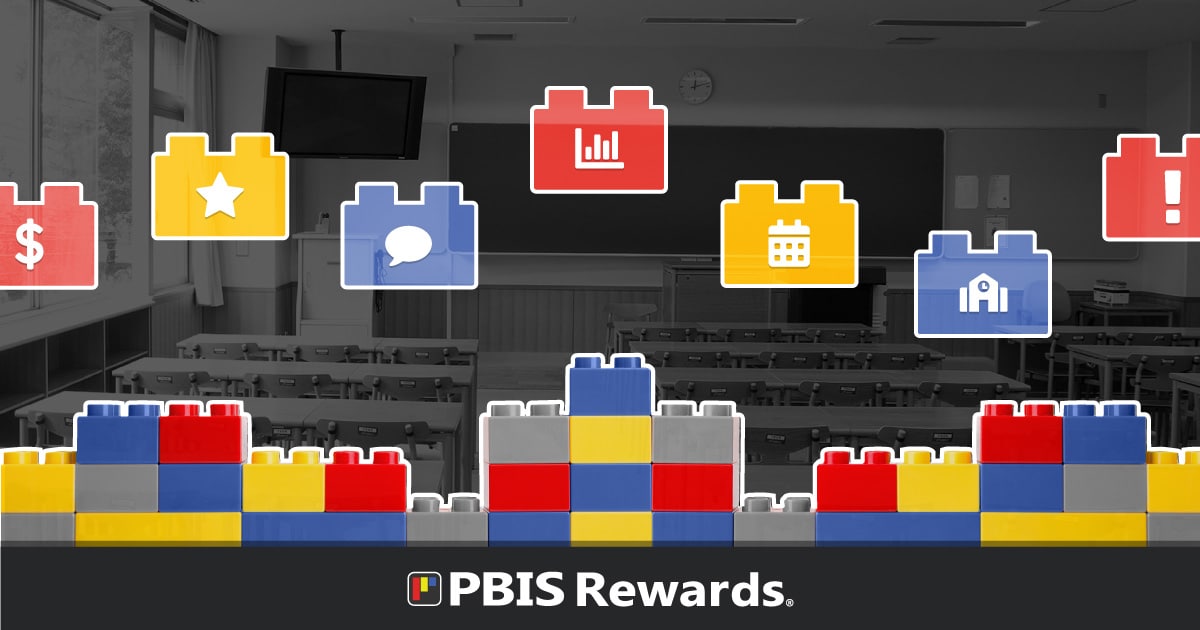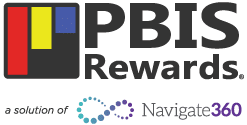Whether your school is just beginning a PBIS initiative for the first time or you’re several years into PBIS, don’t overlook PBIS training activities. This training can be the key to successful long-term implementation.
PBIS Training Activities and Staff Buy-In
How your teachers feel about your PBIS initiative will be one of the biggest keys to a successful implementation. Staff buy-in is critical.
PBIS training can go a long way toward encouraging and supporting this buy-in by giving your staff the tools they need to be successful. Such training will help them to understand the methods and long-term goals of your PBIS initiative.
With its tiers of implementation, focus on supporting positive behaviors, and assessment of data, PBIS can feel like a lot to take in. It might be difficult to know where to begin when it comes to conducting PBIS training. Here are some PBIS training activities to can get you started:
DIY PBIS Training Activities
Breaking PBIS into its different components can help promote greater understanding among your staff members as well as in your school community. When you conduct an internal PBIS workshop for your staff, consider these topics:
PBIS Foundations
The what, why and how of PBIS, including the alignment of PBIS to MTSS (Multi-Tiered System of Supports).
Differentiating Between Major and Minor Behaviors
Gather feedback from staff and clearly outline which behaviors are classroom-managed and which are managed in the office. Staff needs to understand the methods and use of a variety of tools to address both positive and negative behaviors.
Schoolwide Expectations
A schoolwide matrix can help to convey appropriate behaviors by outlining specific expectations. All staff members use common language to encourage positive behavioral outcomes and reduce negative behaviors. These should be intentionally taught, modeled and reinforced throughout the school year. The focus should also be on the improved overall school climate, as a faculty responds in a consistent and supportive manner to all students.
Classroom Expectations
Routines and procedures are intentionally taught to students. Staff should consistently review expectations with student to encourage positive behavior.
Yearly Plan for Instruction
A plan is developed to roll out PBIS content to students. This would include schoolwide expectations and booster sessions to reinforce skills throughout the year.
Acknowledgement and Reinforcement Systems
Consistent and attainable rewards for students that follow expectations. This is also a relationship-building interaction between staff and students.
Data-Driven Decisions
Review of data with staff on a regular basis (monthly is best practice). This would include the number of Office Discipline Referrals (ODRs) and absenteeism in students and staff.
Parent Education/School-Home Connection
Informational sessions for parents/guardians are held throughout the school year to educate parents on PBIS and applications that carry over to home. This would include using positive wording, rewarding positive behavior and teaching the expected behavior.
Social Skills Instruction
Staff members are trained in methods and utilize effective lesson plans to teach appropriate social skills. These topics may include accepting criticism, working with peers, disagreeing appropriately, resisting peer pressure, and staying on task.
Cultural Relativity
Create an inclusive and culturally relevant campus and classroom by promoting mindsets that respect and embrace students’ cultural identity.
The Process of PBIS Implementation
PBIS has the potential to radically improve school culture and climate. PBIS training should be ongoing, both at the beginning and throughout the school year. This kind of training can help to offset challenges as they arise.
One of the hallmarks of a successful PBIS initiative is continual adjustments. As your school implements PBIS, you will learn what works for your staff and students and what needs to be modified. Maintaining your PBIS initiative after a long break or continuing it from school year to school year requires commitment. It’s helpful to view PBIS as a multi-year process. While the initial implementation process can take anywhere from three months to a year to be fully functional, it may take much longer to completely change school culture. Give your school time to change from a traditional, punitive discipline mindset to embracing recognition of positive behaviors.
Need More PBIS Training Help?
Do-it-yourself PBIS training is one way to help your staff stay up-to-date on the PBIS initiative in your school. However, it can also be helpful to seek outside assistance and training. PBIS Rewards offers options for training year-round, including:
Our professional trainers bring a wealth of knowledge and practical experience to each training session. PBIS Rewards employs former educators who know what it’s like to be in the classroom, and they understand your staff’s challenges. Additionally, training events led by PBIS Rewards trainers can include educators from other schools. Learning about how other schools use PBIS can foster new ideas for your own school.
Check out our PBIS training calendar for training events that are ready for you to join.


